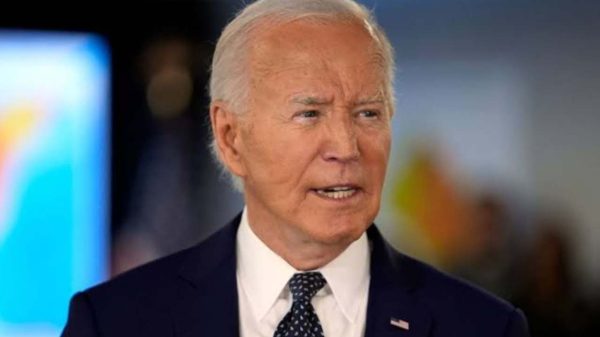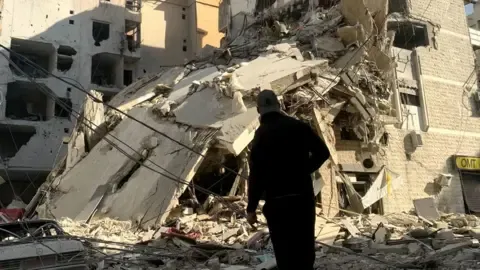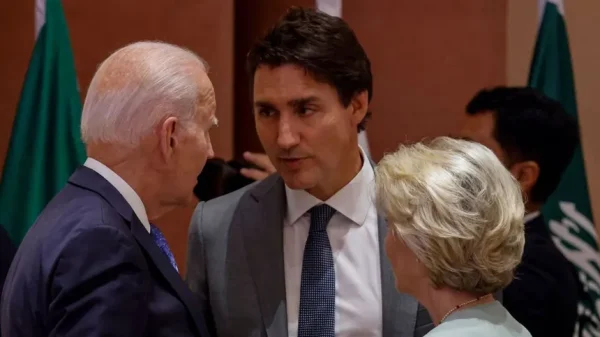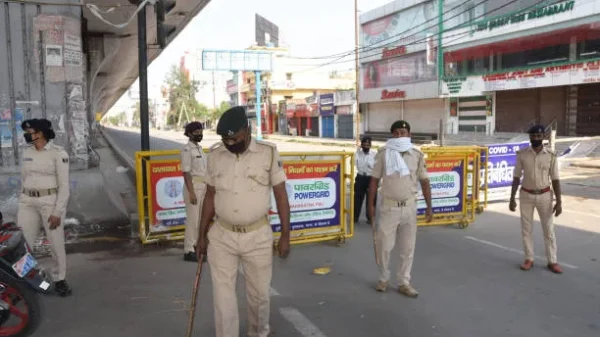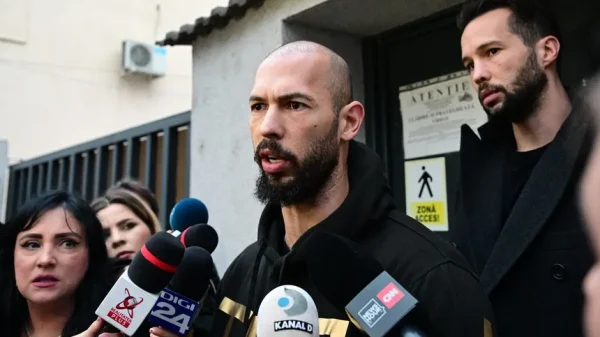Israel launched a series of pre-dawn air strikes on Saturday, targeting military targets in Iran in response to a barrage of ballistic missiles fired by the Islamic Republic earlier this month. This marks the first time Israel’s military has openly attacked Iran, following a pattern of escalating violence across the Middle East. The strikes killed at least four people, all members of Iran’s military air defense, and caused “limited damage”. Iran’s Foreign Ministry stated that it has the right to self-defense and will not hesitate to defend its interests, with Foreign Minister Abbas Araghchi saying that Iran has “no limits” in defending its interests.
Israel’s military targeting facilities used by Iran to make the missiles fired at Israel, as well as surface-to-air missile sites, suggested a calculated effort to minimize civilian casualties and avoid a broader escalation. The strikes were conducted using American-made F-15 and F-16 warplanes, and targeted military bases in Ilam, Khuzestan, and Tehran provinces. Iranian state-run news agency IRNA reported that the attacks caused limited damage, but Israeli military spokesperson Rear Admiral Daniel Hagari confirmed that the strikes hit their intended targets.
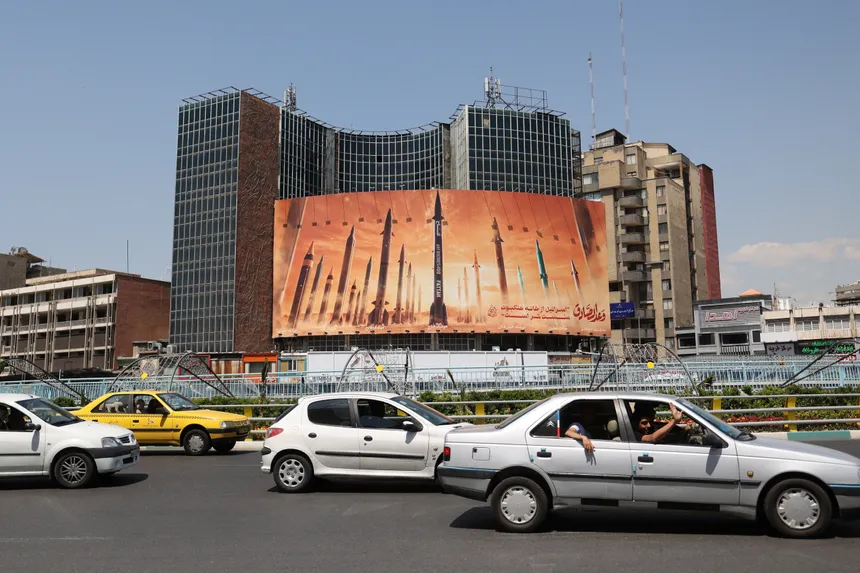
Furious Night in Iran as Israel Strikes Back (Image via Getty)
The United States, Britain, and Germany have all warned against further retaliation, with US President Joe Biden stating that Israel gave him a heads-up before the strikes and that it appears they targeted only military installations. Iran’s paramilitary Revolutionary Guard, which oversees its vast arsenal of ballistic missiles, has remained silent since the attack, raising questions about whether any facilities were hit at its bases.
The strikes risk pushing the archenemies closer to all-out war at a time of spiralling violence across the Middle East, where militant groups backed by Iran are already at war with Israel. However, experts say that Israel’s precision and capabilities are superior to Iran’s, and that the strikes may have set the stage for future diplomatic efforts to moderate the conflict. Iran’s capital, Tehran, remained calm following the attacks, with only long lines at petrol stations and some anxious residents avoiding conversations with reporters.
Despite the tensions, some analysts believe that the attacks may have been more of a warning shot than a full-scale escalation, allowing Israel to demonstrate its military capabilities without provoking a catastrophic response from Iran. In the aftermath of the strikes, the streets in Tehran were calm, with children going to school and shops opening, but some residents seemed anxious and avoided conversations with reporters. In the context of the broader regional dynamics, the strikes appear to be part of a larger narrative of escalating tensions and military escalation across the Middle East.












